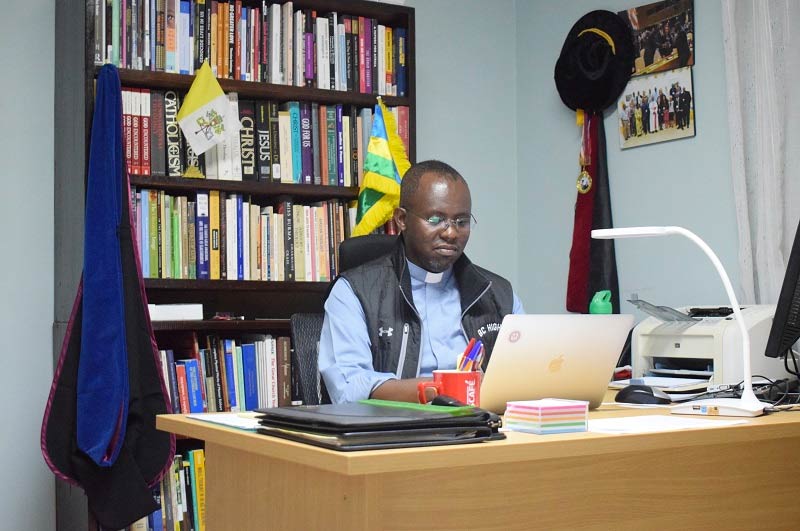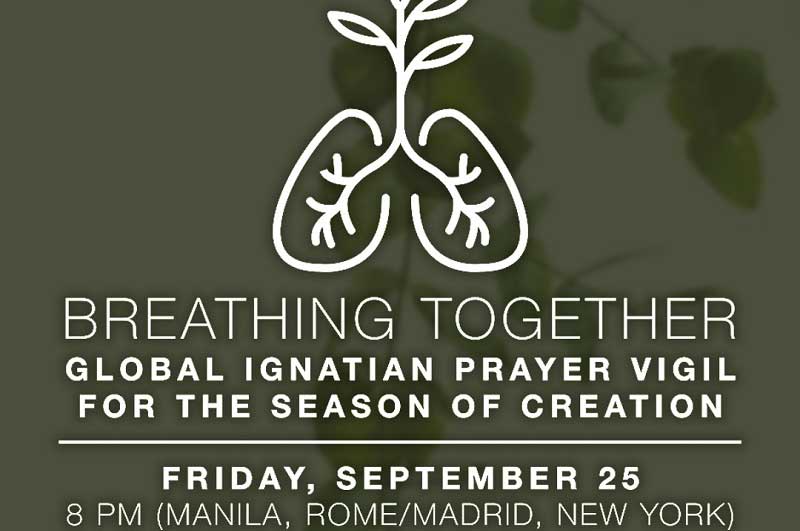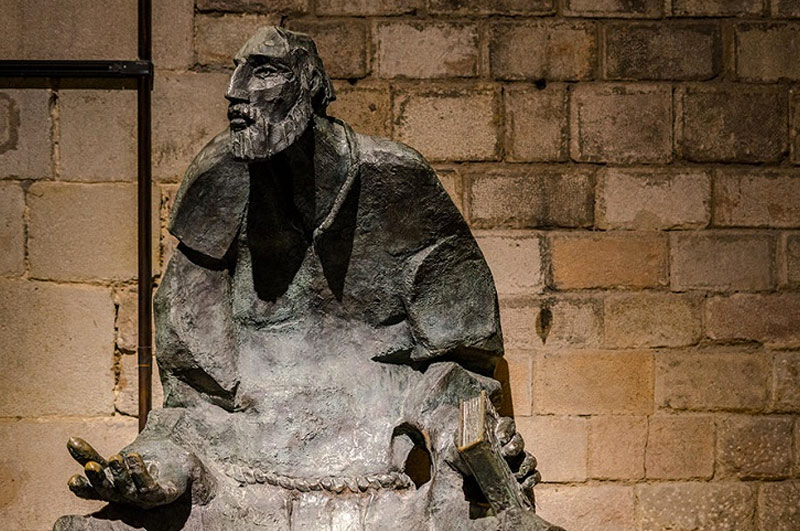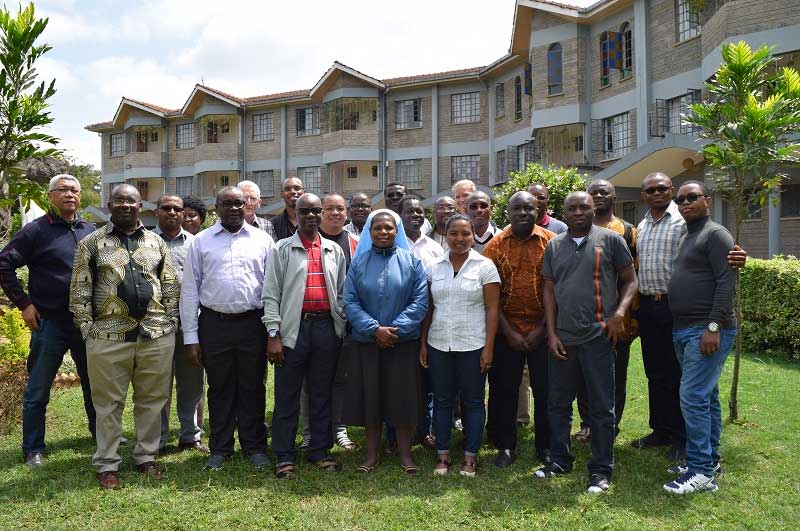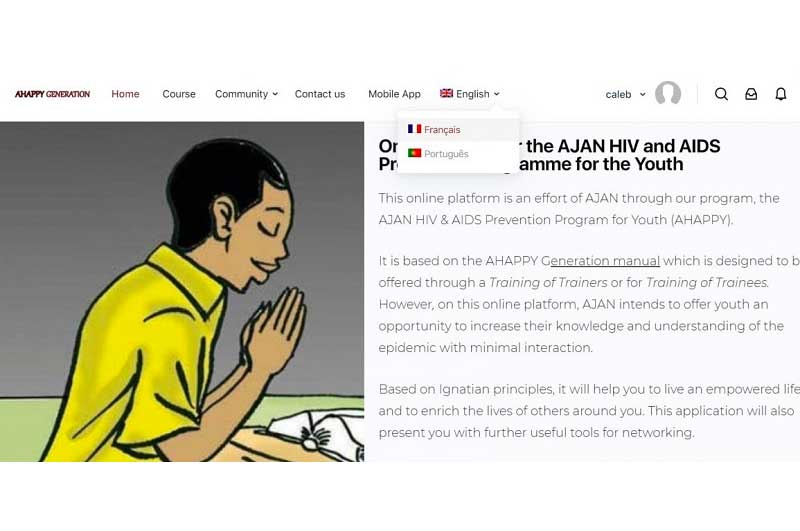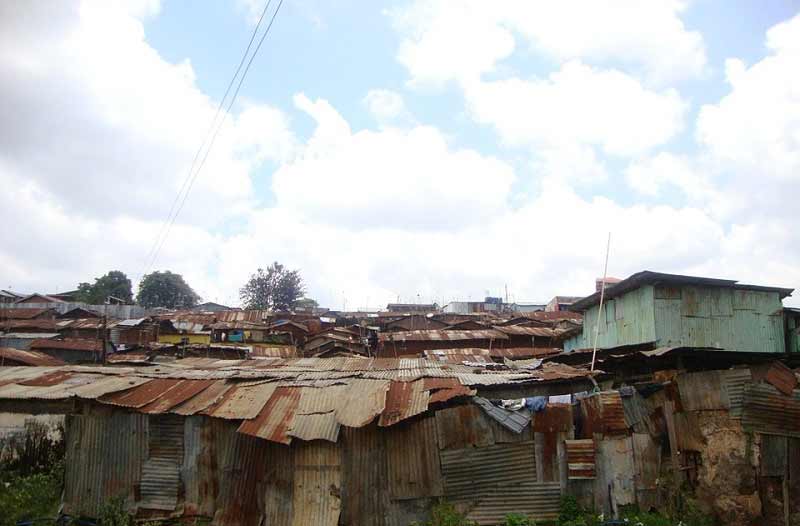


The Jesuit Justice and Ecology Office (JEO) collaborated with the Jesuit European Social Centre (JESC), the Jesuitenmission in Germany and the Commission of the Bishops’ Conferences of the European Union (COMECE) to hold a high-level workshop with representatives of EU institutions in Brussels on 10 December 2019.
In this collaborative effort, Jesuits in Africa and Europe have heeded the call of the 34th and 35th General Congregations and the Superior Generals, to the Jesuits for the worldwide members of the Society of Jesus and its lay collaborators, to develop and implement more “projects at eye level” between Jesuit institutions from different countries, with a special focus on and attention to Africa.i This had earlier led to the “Tax Justice and Poverty” research project, to find ways of addressing the issues of poverty and inequality. The project identified a common area of concern between the European and African countries and developed common goals for advocacy and campaigning cooperation.
This workshop in Brussels, therefore, sought to further advance advocacy on the issues of Illicit Financial Flows (IFFs) and unfair tax systems, which involve wealthy individuals and corporations doing business across the two continents. Of particular concern about the activities of these rich entities is the issue of aggressive tax planning that is causing a lot of revenue loss to the countries, especially in Africa, which need the funds addressing development and service delivery issues. For instance, about 70 percent of the world’s poor are estimated to be living in Africa, and by 2023, Africa’s share of the poor is expected to rise to over 80 percent.ii This makes tackling poverty in Sub-Saharan Africa (SSA), one of the pressing development challenges of our time. Yet Africa loses more money (about $70-80 billion) in Illicit Financial Outflows (estimated to be about $1 trillion over a fifty-year period)iii than it receives in Official Development Assistance (ODA) about ($45 billion by 2017)iv and Foreign Direct Investment (FDI). There is a significant positive correlation between poverty and inequality, where greater inequality is associated with higher poverty incidence and depth, as is the case in SSA. On the other hand, effective social protection schemes and policies along with government spending on education, health, and social protection, can help the poor find a way out of poverty. These, however, require funds and resources.
The discussions during the workshop in Brussels were guided by the following questions or themes: 1. How to improve practical cooperation both within African and between Europe and Africa in the effort to stem Illicit Financial Flows, especially out of countries. 2. How to improve practical cooperation both within African and between Europe and Africa in taxing private wealth? 3. How to establish legal and policy coherence, i.e. how can political commitment be transformed into adequate support and fair legal agreements, so that Official Development Assistance cannot be overshadowed or eclipsed by other policies, e.g. Free Trade Agreements, private investment incentives, tax incentives, incentives to attract FDI, or even bribery? 4. What Jesuits can do to advance tax literacy and tax advocacy both in Europe and Africa?v
Workshop Outcomes The ensuing discussions further revealed that due to lack of transparency in the current global tax system, about US$500 billion in form of revenue due to the states is being lost annually, while about US$ 600 billion of foreign MNC profits are shifted into tax havens. This initiative was mainly intended to influence the European Union policies to be more favourable to Africa in terms of its capacity to improve tax justice through the Organisation for Economic Cooperation and Development (OECD). Discussing the taxation of the Multi-National Cooperations (MNCs) and private wealth, the question of transparency was reiterated through the suggestion of registers of property linked to beneficial owners and the review of the several country double tax agreements (DTAs). The Church was called upon to play a role to use Christian ethics such as the Catholic Social Teaching, to advocate for the rights – wellbeing, and dignity of the human persons, and assist everyone in developing their abilities and allow active participation of all in the human effort to build our common home for us and for generations to come. Apart from that, the Catholic Church can also use its ecumenical networks and long-term experience in advocating for social justice.
Moving Forward in the Broader Context of Jesuits Justice and Ecology Network's (JENAs) Work In the broader framework of ‘reconciling business and society’, and making business work better for the common good, JENA intends to advocate for some of the key points of the agreement of the Brussels workshop. This is with a focus on promoting effective international tax governance and local tax administration systems capable of effectively and adequately taxing businesses and wealthy individuals. A critical area of reform is to counter aggressive tax planning and tax evasion. In the absence of rigorous controls, some big corporations employ illegal ways to reduce their taxable income, by knowingly and illegally misrepresenting their transactions or reporting them in tax havens. It will undertake this through a conference on “Taxation of the Extractive Industry in Africa” and other related advocacy efforts engaging the church and other stakeholders.
iGeneral Congregation 34, Decree 3, no.12, General Congregation 35, Decree 3, no. 39, priority I. See for overview: Kiyaka, I. (2008) GC35: Experience and Implications for Africa. In: Review of Ignatian Spirituality - XXXIX, 3/2008 pp. 78-86. Internet http://www.sjweb.info/documents/cis/pdfenglish/200811907en.pdf iiRethinking Global Poverty Reduction in 2019. https://www.brookings.edu/blog/future-development/2018/12/13/rethinking-global-poverty-reduction-in-2019/ iiiUnited Nations Economic Commission for Africa. 2015. Illicit Financial Flows: Report on the High Level Panel on Illicit Financial Flows from Africa. ivAfrican Development Bank Group. 2019. African Economic Outlook 2019: Macroeconomic Outlook and Prospects vFor further information see https://www.taxjustice-and-poverty.org/fileadmin/Dateien/Taxjustice_and_Poverty/Advocacy/Brussels2019/Tax_justice_and_poverty_-__EN__GUIDING_QUESTIONS.pdf
Related Articles
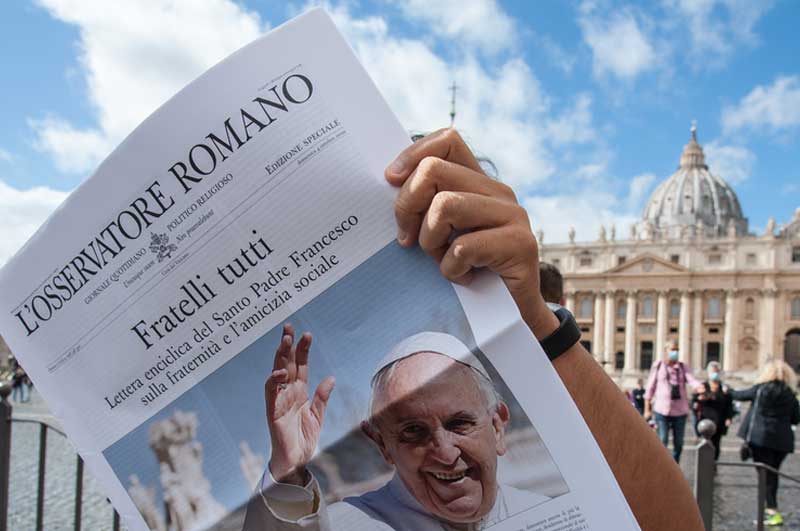
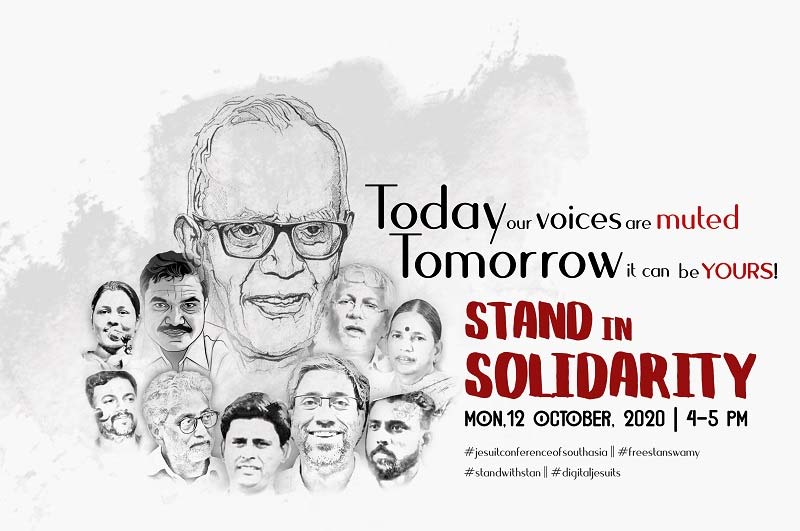
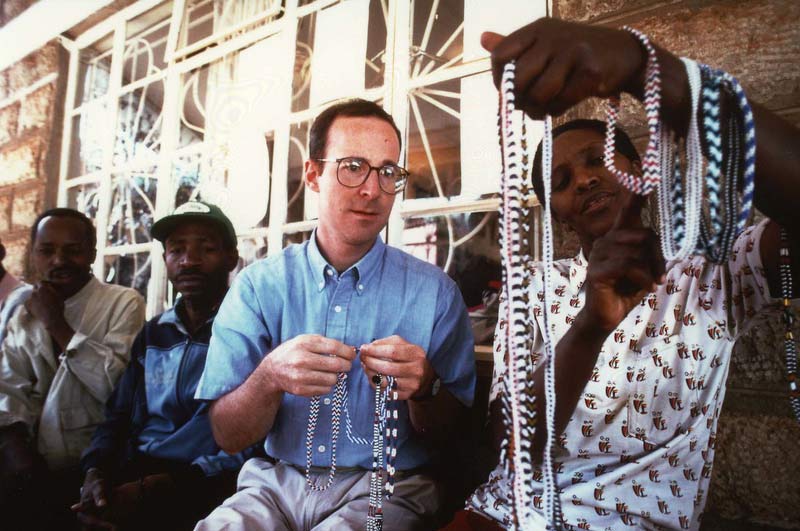

Select Payment Method
Pay by bank transfer
If you wish to make a donation by direct bank transfer please contact Fr Paul Hamill SJ treasurer@jesuits.africa. Fr Paul will get in touch with you about the best method of transfer for you and share account details with you. Donations can be one-off gifts or of any frequency; for example, you might wish to become a regular monthly donor of small amounts; that sort of reliable income can allow for very welcome forward planning in the development of the Society’s works in Africa and Madagascar.
Often it is easier to send a donation to an office within your own country and Fr Paul can advise on how that might be done. In some countries this kind of giving can also be recognised for tax relief and the necessary receipts will be issued.


